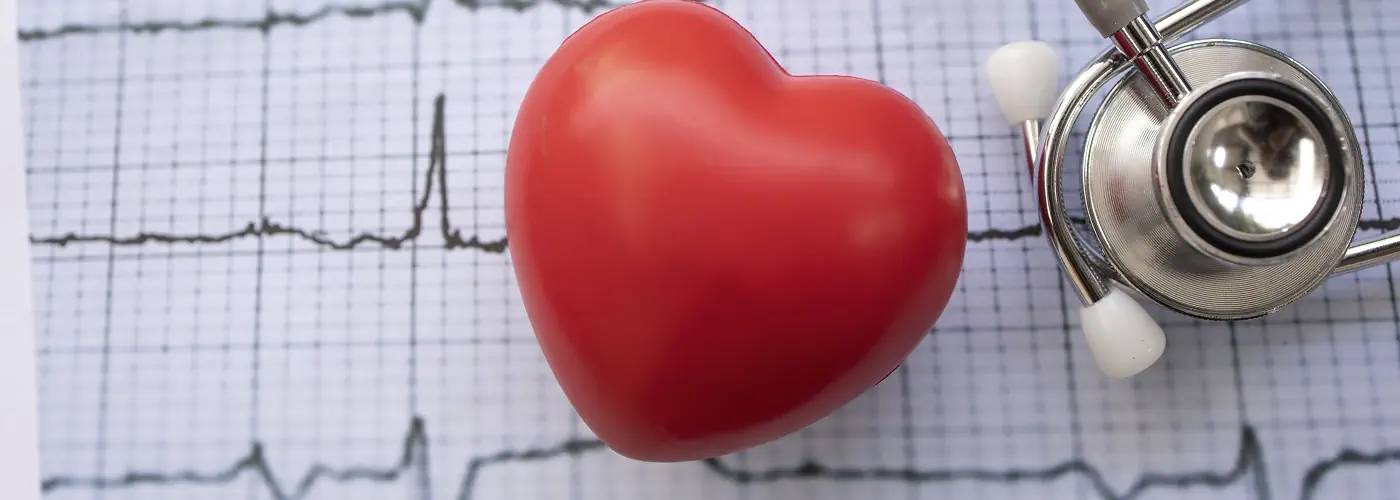
Specialist in this field conduct surgery on the vascular system (arteries and veins) and are managed by medical therapy, minimally-invasive procedures as well as surgical reconstruction. These special procedures are often associated with angiograms, surgery for installing stents, dialysis grafts and even organ transplants.
Here at Gleneagles Hospitals, our dedicated team of subspecialty surgeons are trained to help manage and even treat the various arterial, vein and lymphatic related diseases. Our range of treatments include minimally invasive catheter procedures as well as surgical reconstruction. We aim to ensure that every patient's cardiovascular health is nothing short of excellent.
In order to pinpoint and diagnose the cause, our team makes use of multiple disciplines to determine the cause of lymphedema and leg swelling before finally deciding a course of treatment and even physiotherapy.
Usually affecting the hands, armpits and feet, excessive sweating is a condition which tends to lead to social embarrassment as well as difficulty with everyday tasks like holding objects, writing and shaking hands with others.
A process which includes inserting central ports and lines for chemotherapy and other complicated venous access surgeries like dialysis, Gleneagles Hospitals specialises in our ability to manage such complications that may arise due to venous access treatment.
Poor circulation in the leg often causes pain in the legs when walking. This is often one of the earliest signs of coronary artery and cerebrovascular disease. When caught early, our vascular surgeons can help to reduce the risk of heart attacks, strokes as well as limb loss.
Often able to cause swelling, pain, skin changes as well as ulceration in the legs, lower limbs and arms, varicose veins and deep vein thrombosis can be treated with a variety of minimally invasive procedures with DVT being more prone to occurance after long haul flights or surgical procedures. Gleneagles Hospitals advises for early treatment in an effort to help manage and reduce the risk of any clots travelling to organs such as the lungs or causing permanent damage to the limbs.
Our dedicated team prides themselves in their skill and knowledge to help treat a range of complicated wounds with a diverse team of specialists made up of vascular surgeons, infectious disease specialists, vascular radiologists, physiotherapists, orthotics, vacuum therapists and hyperbaric oxygen therapists.
Gleneagles Hospitals boasts a multidisciplinary team with the methods to help manage our patients who require dialysis with the goal to help maintain their requirements with minimal disruption to their quality of life.
Infections and ulcerations of diabetic patients tend to be quite common and early referrals to our specialists can help reduce the risk of losing the limb while simultaneously extending their life expectancy. Diabetic patients are advised to arrange for annual checkups for their leg circulation in order to reduce foot-related complications.
Gleneagles Hospitals treat patients with both aortic and peripheral aneurysms with our host of modern medical techniques and technology.
Our Vascular specialty team is also fully equipped with the knowledge and technology to help reduce and manage the risks of strokes via early detection and preventive measures.


Wait a minute